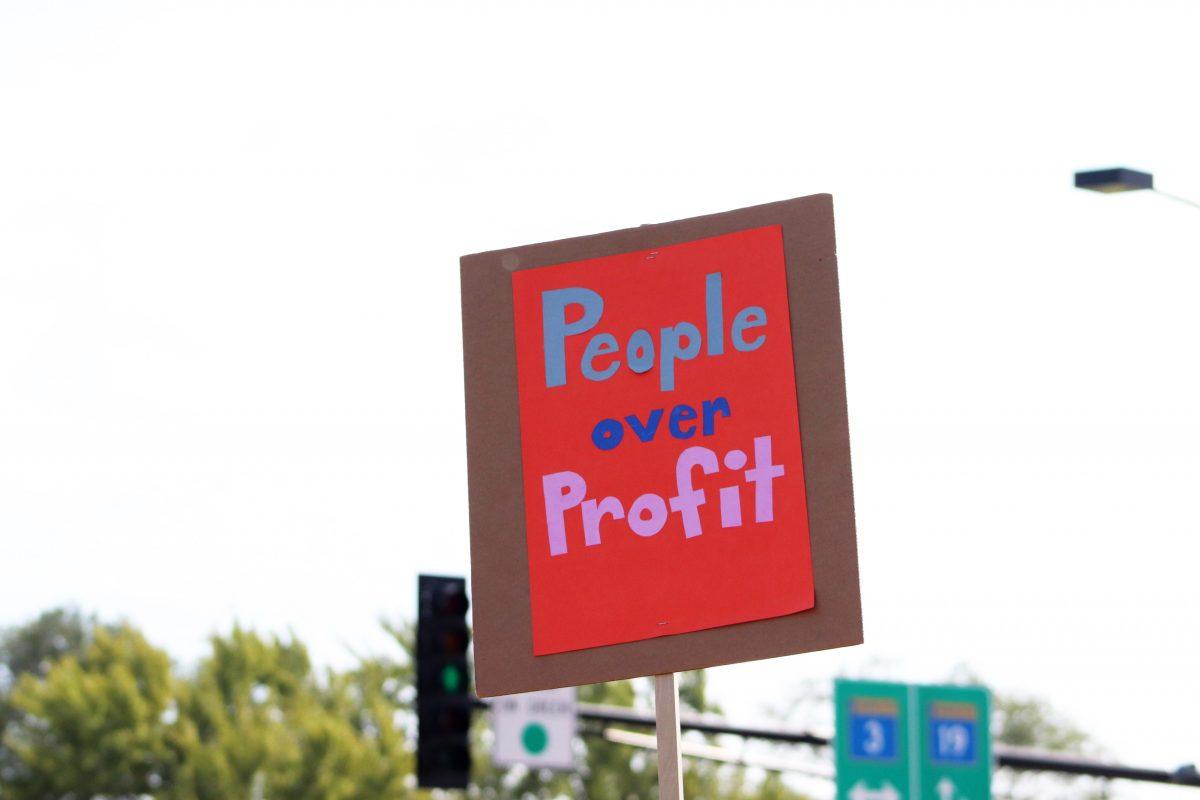The coronavirus pandemic has not slowed down the persistence of capitalist greed among corporations in the U.S. If anything, the new routines Americans find themselves in has given advertising new material to inspire relatable content ads.
Some companies have exchanged sassy, witty twitter presences for a serious, mature tone to disclose new safety procedures that convey the American customer as their number one priority. Others try to play on a sense of unity, a declaration of “We’re here for you! Enjoy this extra 20 percent off in these trying times!” Instead of donating profits towards COVID-19 relief, sales are still prioritized for these million-dollar corporations.
When will this type of advertising end? Will it end? The answer is probably not. With everyone at home, there is more than enough time to spend that entire stimulus check by online shopping, especially with increased exposure to all kinds of ads. While this may be a wise marketing technique, it is disgusting. When will companies just take a day off? This country is in crisis right now. How can companies ethically argue sales are more important than the safety and well being of the people in this country?
The urge to ignore the current circumstances in favor of continuing to promote normal shopping habits with these advertisements proves the disregard for the well being of people. Profits do not matter right now. Sales should not be treated like the endgame. The funds used to make these advertisements should have been put to better use, like paying employees.
These advertisements are exploitive in nature. Corporations are praying on the fears of the American people during a stressful pandemic to turn a profit. Companies are also unexpectedly and abruptly beginning to thank their blue collar employees that are keeping the companies and this country afloat.
While these corporations have been built off the backs of these hard working people, only now in the middle of a worldwide pandemic are they receiving the recognition they deserve. Of course, this thanks comes in the form of a thirty second commercial from the C.E.O., displaying his or her gratitude while showing footage of smiling workers — as we all know that is the true depiction of retail.
As advertisements are exploiting Americans as customers, they are also exploiting the American workers that have to work in these dangerous times for too little pay.
Samantha Asplund ’23 is from Saint Cloud, Minn. Her major is undecided.



